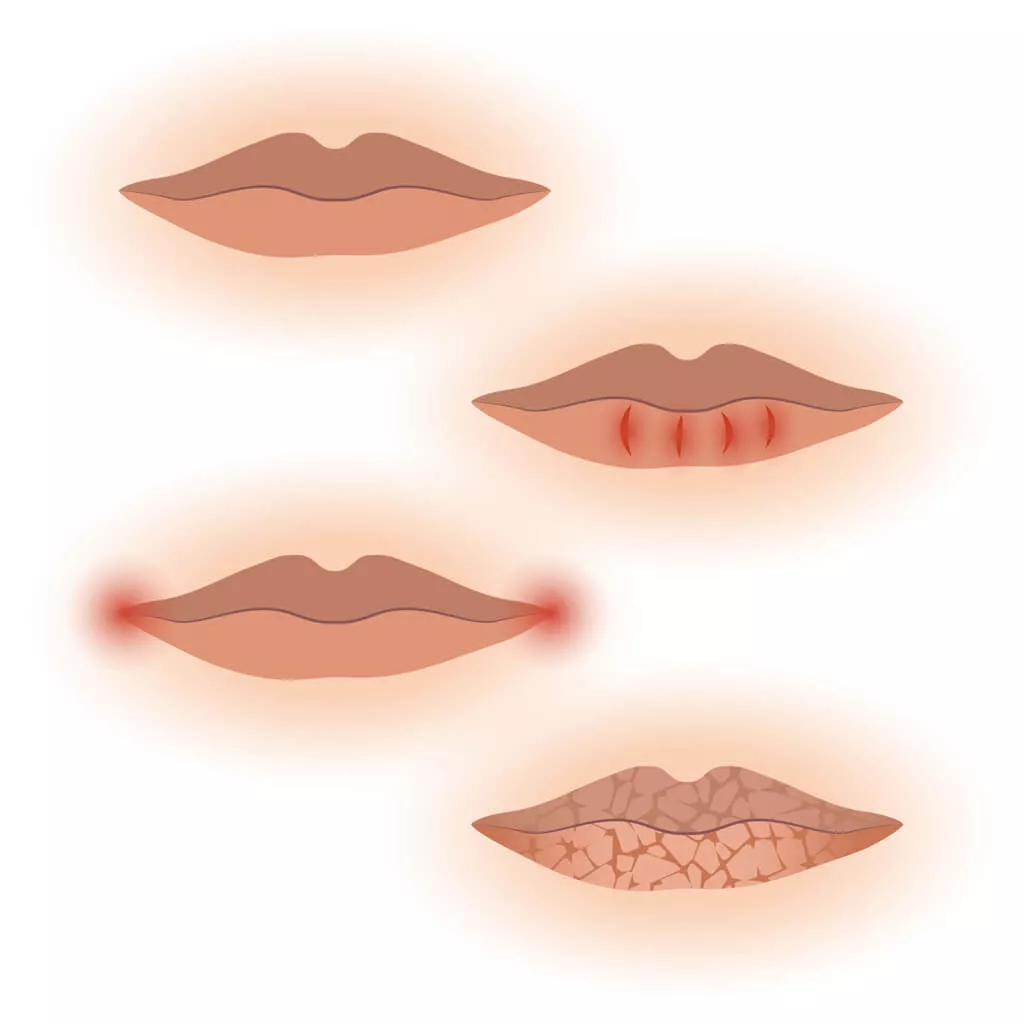Xerostomia: What Causes Dry Mouth and How to Treat It
Dry mouth, or xerostomia, is a common oral health condition affecting 25% of all adults. Xerostomia occurs when the salivary glands don’t produce enough saliva, and can negatively affect your overall health if not addressed.

The Importance of Saliva
Saliva plays an important role in oral health by neutralizing the acid caused by bacteria, and fighting against tooth decay and gum disease. Saliva aids in the digestion process, and works with your taste buds to make food flavorful.
Having xerostomia is not only annoying, but it can also cause cracks in the corners of the mouth, split lips, mouth lesions, and oral yeast infection.
Common Causes of Dry Mouth
Xerostomia is often a side effect of certain medications and other health issues. Aging can exacerbate this problem, as well, affecting 40% of adults over the age of 55. Dry mouth may actually be caused by many things, but here are some of the most common.
Alcohol, Tobacco, and Recreational Drug Use
Drinking alcohol, chewing tobacco, and smoking cigarettes or marijuana can all increase the symptoms of dry mouth. Recreational drugs like methamphetamine can cause severe dry mouth as well as damage to teeth, resulting in a condition commonly known as “meth mouth”.
Cancer Therapy
Chemotherapy drugs and radiation to the neck or head can both decrease saliva production. This typically returns to normal after treatment is complete, but damage can be permanent.
Health Conditions
Certain health conditions like Alzheimer’s disease, autoimmune disease, diabetes, and stroke can cause dry mouth and oral yeast infection. Mouth breathing and snoring are also contributing factors.
Medications
Dry mouth as a side effect of drugs is extremely common. From over-the-counter medications to prescription drugs, dry mouth is a typical complaint. These medications often include treatments for allergies, colds, anxiety, depression, hypertension, and pain.
How to Treat Dry Mouth
In severe cases your doctor may consider switching medications, if the dry mouth is believed to be a drug side effect. They may also recommend lifestyle changes if you participate in any behaviors that contribute to dry mouth.
To protect your teeth and gums, your dentist may recommend overnight fluoride treatments or a chlorhexidine rinse. Additionally, you may try products like dry mouth oral rinses, dry mouth drops, or mouthwashes for dry mouth. These also help prevent tooth decay and infections in the mouth.
To learn more about dry mouth or to schedule an appointment for an exam, please contact Art of Modern Dentistry.
Dry mouth products may contain xylitol, which is toxic to pets. Please be sure to keep these products away from all pets and small children.




